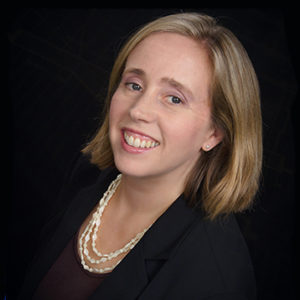
Beth Tubbs re-appointed to SFPE board
 The Society of Fire Protection Engineers (SPFE) announced the re-appointment of Beth Tubbs, P.E., FSFPE, senior staff engineer with the International Code Council’s Codes and Standards Development Department, to its Board of Directors. Elected to a three-year term (2019–2021), her service on the board begins Jan. 1, 2019. With this prestigious appointment, Tubbs becomes one of 17 members on the SPFE Board of Directors who represent leading professionals in the fire protection engineering field. With more than 4,500 members worldwide, SPFE works to advance the science and practice of fire protection engineering and its allied fields, and foster fire protection engineering education.
The Society of Fire Protection Engineers (SPFE) announced the re-appointment of Beth Tubbs, P.E., FSFPE, senior staff engineer with the International Code Council’s Codes and Standards Development Department, to its Board of Directors. Elected to a three-year term (2019–2021), her service on the board begins Jan. 1, 2019. With this prestigious appointment, Tubbs becomes one of 17 members on the SPFE Board of Directors who represent leading professionals in the fire protection engineering field. With more than 4,500 members worldwide, SPFE works to advance the science and practice of fire protection engineering and its allied fields, and foster fire protection engineering education.
Tubbs has been with the Code Council since its consolidation in 2003. She joined the legacy organization International Conference of Building Officials in 1996. At the Code Council, Tubbs has been involved in a variety of activities, including code development and support and participation in various committees both on a national and international level. She holds P.E. licenses in both Massachusetts and California in fire protection engineering, and was named a Fellow of the Society of Fire Protection Engineers in 2012. She earned her bachelor’s degree in civil engineering and master’s degree in fire protection engineering at the Worcester Polytechnic Institute. During her career, Tubbs has authored nearly 20 articles and professional papers on the subjects of codes and fire protection. In 2009 she received the SFPE Rolf H. Jensen Award for Outstanding Committee Service and the SFPE Hats Off Award.
“This is a significant achievement for Beth and is another example of how the Code Council’s talented staff is dedicated to serving our members, stakeholders and the industry,” said International Code Council Chief Executive Officer Dominic Sims, CBO. “With Beth’s leadership and guidance, we look forward to working with SFPE to improve fire safety in the built environment to better protect citizens and their communities.”








